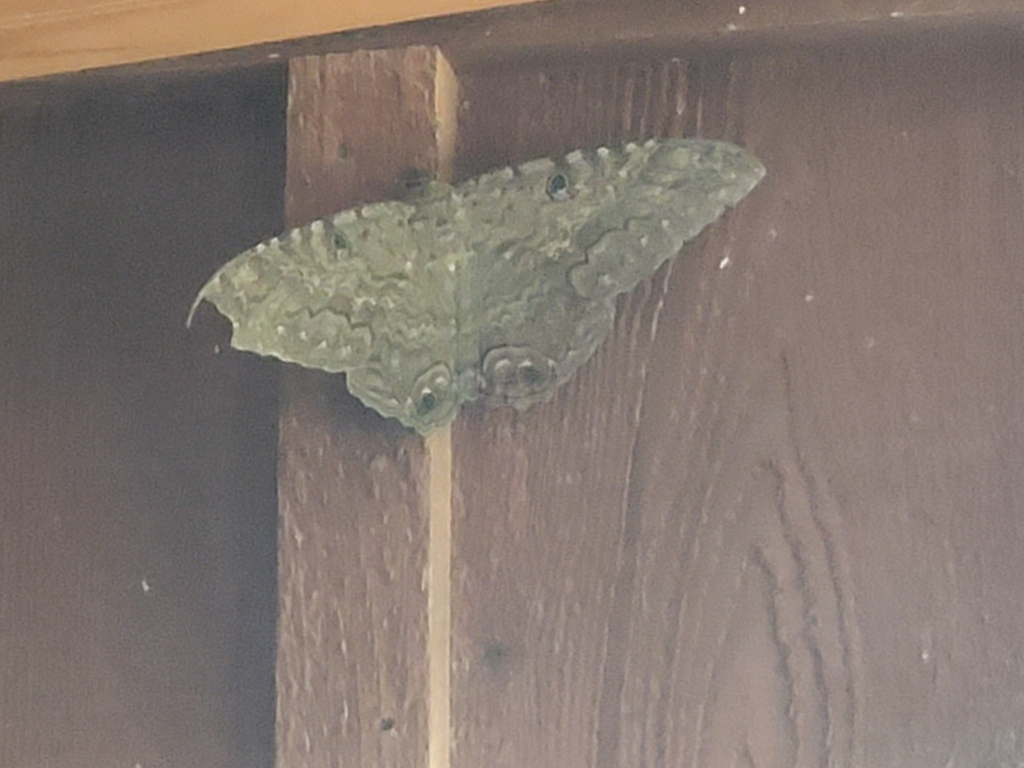.jpeg) |
| Gina B, CC BY-SA 3.0 <https://creativecommons.org/licenses/by-sa/3.0>, via Wikimedia Commons |
I went to a conference a few years ago and attended one of those generational understanding workshops. The facilitator broke us up into generational groups, and our task was to identify something that influenced our world perception when we reached adulthood. Our group took less than a minute to identify ours. When it was our turn to share, the entire group shouted, "Sex, Drugs, Rock & Roll!" The looks on the faces of the younger cohorts was funny.
I graduated high school in the early 70's so I grew up during the 60's. The picture on this blog captures how many idealized the 60's, but truthfully, the hippies were a relatively small, but very influential, group. A lot of important things happened in the 60's and 70's. The Civil Rights Act (1964), the Clean Water Act (1972), the Clean Air Act (1963/1970), Occupational Safety and Health Act (1970), end of the Vietnam War (1963), and Earth Day (1970). These all came out of a movement for a safer, healthier, and more inclusive world. The time wasn't utopian by any stretch, but the movements spawned or nourished during this time certainly made our lives and our country better.
And now, here we are. Everyday, I find myself thinking, "WTF! What happened to us?" I hardly recognize my peer group some days, let alone the children many raised. I am not sure what happened, but we have turned to a dog-eat-dog philosophy. It seems we recognize our neighbors as people of value (mostly) as long as they are like us, but somehow, we have become a nation of, "I have mine! If you don't have enough, then it must be because you deserve it." I recall the seagulls from the movie Finding Nemo a lot of days. Earth Day is barely a mention on the calendar and environmental and safety regulations are being rolled back. Our public lands are being taken for commercial interests without regard to preserving them as a national treasure for all. American workers are being left behind. We have a lexicon of words relating to race and gender we aren't allowed to write and books our children are not allowed to read and discuss in many schools. Women are increasingly represented as having value only as wives and children by the government, and have lost autonomy over their own bodies in most places. Our neighbors of color are being harassed and brutalized (not to say whites are not as well, but our neighbors of color are being specifically targeted). We can argue about whether a given policy is appropriate without throwing our overall values is the dumpster.
I am truly sad and angry. I tend to hang with hippies still. We're older. We have the t-shirts. We're definitely not as spry as we used to be, but we still cling tightly to our values. We didn't come so far to go backwards. It's discouraging to feel like we are going to have to start all over again, but I am not giving up.
.jpg)






